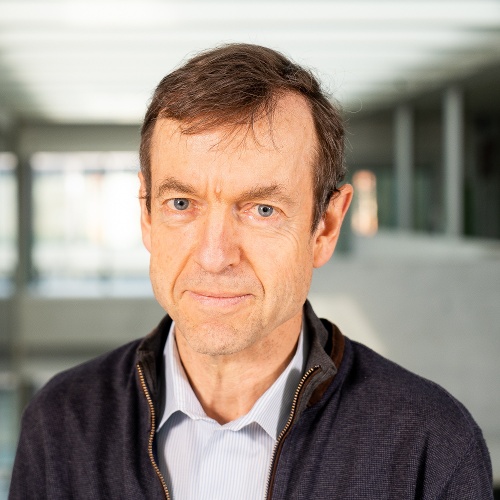Daniel Gros

Daniel Gros
Director
Institute for European Policymaking, Bocconi University, Italy
Daniel Gros is Professor of Practice at Bocconi University and Director of the Institute for European Policymaking at Bocconi.
He holds a PhD in economics from the University of Chicago. Previously he worked at the International Monetary Fund and collaborated with the European Commission as economic adviser to the Delors Committee, which developed plans for the euro. He has been a member of high-level advisory bodies to the French and Belgian governments and advised numerous central banks and governments, including Greece, the United Kingdom, and the United States at the highest political level. Gros is also currently an adviser to the European Parliament. Between 2020 and 2022 he was Distinguished Fellow and Member of the Board of the Centre for European Policy Studies (CEPS). Before that, was the director of CEPS since 2000. In 2020, he held a Fulbright fellowship and was a visiting professor at the University of California, Berkeley. In March-June, 2022 he was visiting Research Fellow at the Robert Schuman Centre of the European University Institute, Florence.
He has published extensively on international economic affairs, including on monetary and fiscal policy, exchange rates, banking, and climate change. He is the author of several books and editor of Economie Internationale and International Finance. He has taught at several leading European universities and contributes a globally syndicated column on European economic issues to Project Syndicate.
Friday 12
-
18.05 - 18.50
South vs North: Can the G7 be a Real Bridge?
Artemis Hall | European Cultural Centre of Delphi
Programming Partner: Italian Institute for International Political Studies (ISPI)
The Global South is getting more and more vocal in its requests for a fairer and bigger role in world affairs. This may be seen as a challenge to the Global North and to the international liberal order. Can the G7 build new bridges rather than new walls? How to safeguard the international economy and avoid further trade wars and protectionism? Which further steps should the G7 take to promote sustainable development in low- and middle-income countries? Which room for North-South cooperation on green transition and adaptation to climate change?